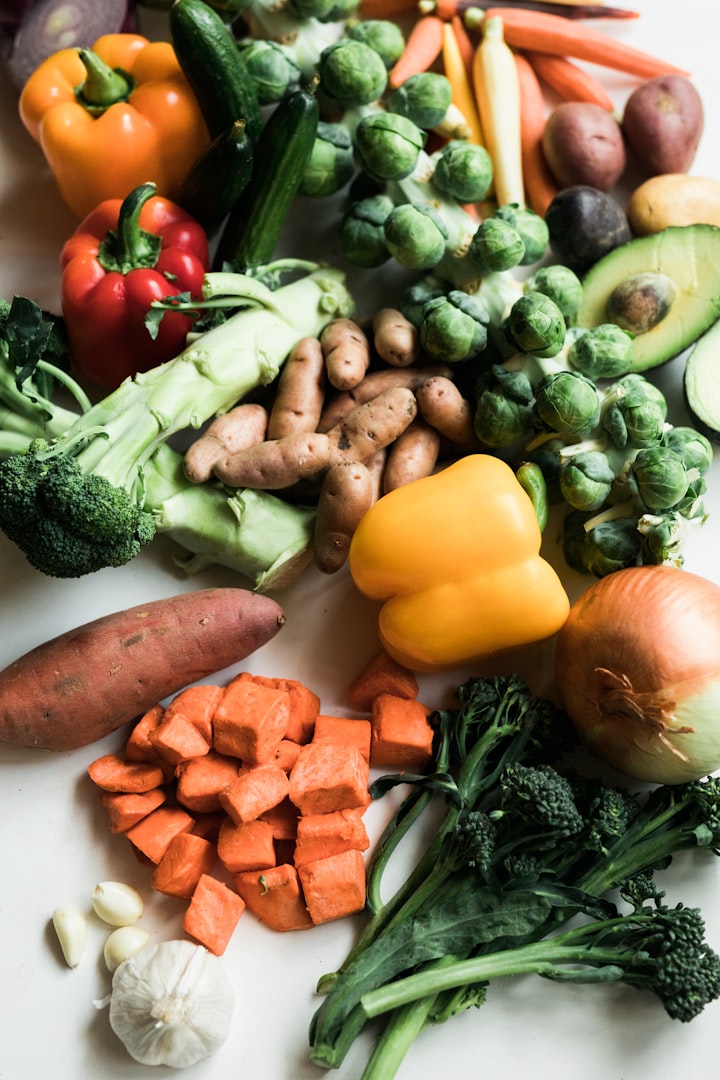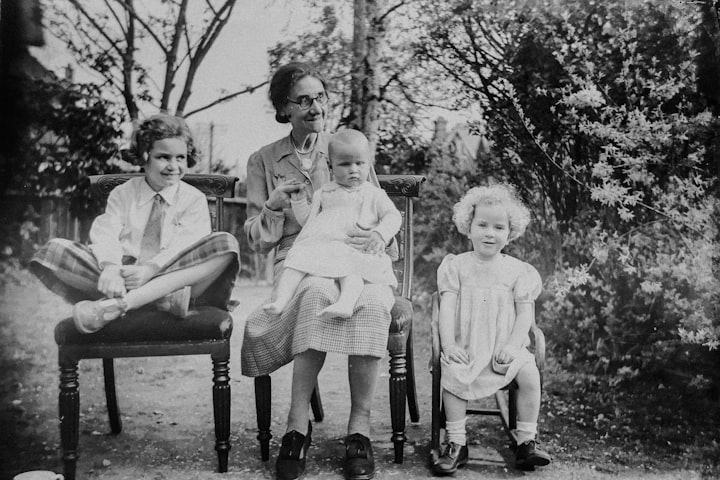The High Price of Being Poor
Being forced to cut corners to survive financially

Living paycheck-to-paycheck leaves one in the unenviable position of knowing that their hard work does little more than sustain their restlessness. The rut cuts deep, and the energy needed to get out of it soon gets replaced by shuffling bills on the kitchen table to try and pay every utility before its cut-off date.
It is a frustration that peaks in two-week increments, and the reality is it isn’t due to lavish spending but merely trying to keep up. When this happens, corners, unfortunately, end up being cut. The stretching out of the cash in your pocket forces one to rank product cost over product quality. Nowhere is this more apparent than in the food we consume.
The fact is that monthly food costs are a significant part of an average family’s budget. In many cases, that price is second only to the mortgage and is just as important. Everybody needs to eat, so decisions are made based on what we have — not what we need. Splurging is not an option. The margin of error is razor-thin when you don’t have the cash to overcome the result of impulsive decisions, even well-intentioned ones.
The sad reality is that the game is rigged against the less financially fortunate. Low-cost items often are so because their nutritional value has been replaced with cheap preservatives to replicate the taste but not provide the nutrients. When you don’t have money, the price on the front of the can is infinitely more important than the ingredients on the back.
Other things place an undue burden on more impoverished people that the populace at large doesn’t consider. Not having access to adequate transportation forces families to shop at the local convenience store to get the things they need. Invariably this leads to increased costs for the same stuff; a fixed income then requires one to get by on less to survive.
Buying items in bulk at a warehouse store is a non-starter. The price-per-item is often less than in other stores, but shoppers on a budget sacrifice variety for savings. Even so, the per-ticket cost at these stores can be well over one hundred dollars. That’s more than twice the amount at an average grocery store. While those types of stores are great for people with money, they aren’t always an option otherwise.
People floundering are also forced to contend with shame. No one plans to struggle, and society has taught us that those that do are lesser than those that don’t. Right or wrong, a father foregoes the food shelf because of the social stigma attached. Similarly, a mother leaves her EBT card in her purse to not have to deal with the judging gaze of others in the checkout line. The ramifications affect the entire family.
The stark reality of the impact of food goes even beyond the kitchen. Yes, a night out for a family of four costs the same as half the electric bill, but everyone is tired, the fridge is empty, and you need a win. The ramifications of your choice disappear behind the smiling faces at the table. You subconsciously save the consequences for later.
In some cases, people don’t eat. The impacts of their hunger are dire and can include significant negative health issues, cognitive issues, and more. These issues can be irreparable. Sometimes not eating helps to keep the lights on. A life of means isn’t required to make the same choice.
The idea here isn’t to pretend to have solutions but to call attention to the problem, hopefully. There are inequalities in our basic systems, including access to the food we eat. We must find ways to make healthy food available to everyone and ensure that those who need help aren’t ashamed to ask.
Nobody chooses to go hungry, and nobody should have to choose hunger to maintain other parts of their life.






Comments
There are no comments for this story
Be the first to respond and start the conversation.